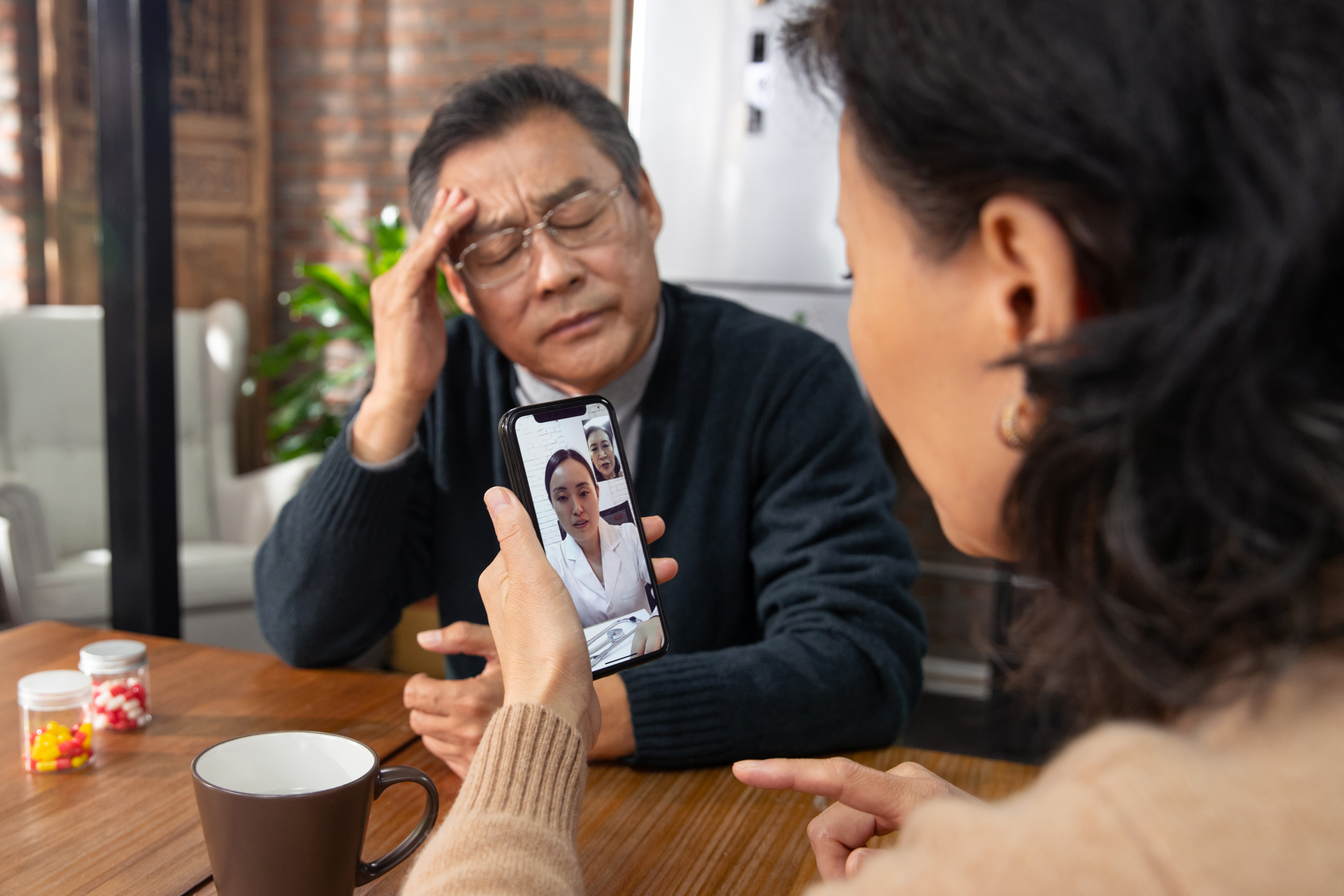Running is a popular sport for many people, and after a run, many people feel tired and often sit down or even lie down immediately to rest. However, in reality, sitting down immediately after running is not recommended. There are also many things that should not be done after running, so runners must pay attention.
Do not sit down immediately after running
During running, the body produces a large amount of aerobic acid to regulate the blood in the organs. After running, these acidic substances do not stop immediately. Since the body's regulation is done through hormones, after stopping running, the brain's instructions do not immediately reach all organs of the body. The body remains in a running state for a certain period of time, and the acidic substances in the body continue to accumulate. If you sit down immediately, the acidic substances will be distributed unevenly in the body, resulting in a large amount of nutrients accumulating in the hips, thighs, and other areas, which can lead to muscle growth in the thighs and an increase in the size of the hips.
How long should you wait before sitting down after running?
Generally, after running, you should wait until your breathing becomes stable, your heart rate gradually slows down, and your legs no longer feel numb or sore before you can sit down and rest. In addition to not sitting down immediately after running, there are also some things that should not be done.
Do not suddenly stop and rest
After running, the body undergoes a series of changes, such as increased metabolism, accelerated heart rate, increased breathing, expansion of muscle capillaries, and increased blood flow. Rhythmic muscle contractions squeeze the small veins, allowing blood to quickly flow back to the heart. Internal organs need time to recover to a normal state after running. If you suddenly stop and rest, the rhythmic contractions of the muscles stop, and a large amount of blood that originally flowed into the muscles cannot flow back to the heart, causing a decrease in blood flow. This can lead to temporary cerebral hypoxia, resulting in palpitations, shortness of breath, dizziness, pale complexion, and even shock and fainting.
Do not take a shower immediately
After running, in order to maintain a constant body temperature, the blood vessels on the surface of the skin expand, pores open, and sweating increases to facilitate heat dissipation. If you take a cold shower at this time, the sudden cold stimulation causes the capillaries to immediately contract, increasing the resistance to blood circulation. At the same time, the body's resistance decreases, making it easier to catch a cold. If you take a hot shower, it can increase the blood flow in the skin, causing insufficient blood supply to the heart and brain. This can cause dizziness, delayed reaction, weakness, shock, and even trigger other chronic diseases.
Do not eat a lot of sweets
Some people feel that drinking sugary drinks or eating sweets after running can replenish energy and make them feel more comfortable. However, eating too many sweets after running can deplete a large amount of vitamin B1 in the body, making a person feel even more tired and loss of appetite, which affects physical recovery. Therefore, after running, it is best to eat more vegetables, lean meats, and eggs, which are rich in vitamin B1.
Do not drink alcohol to relieve fatigue
After running, the body's metabolism is in an excited and high level state. Drinking alcohol at this time will cause alcohol to be absorbed into the bloodstream faster, posing a greater risk to organs such as the liver and stomach. Prolonged alcohol consumption after running can easily lead to fatty liver, liver cirrhosis, gastritis, gastric ulcers, and other diseases. Drinking beer can also increase the uric acid in the blood, which can easily lead to joint disorders and gout.
Do not smoke
After running, in order to increase oxygen supply, a person's breathing becomes deeper and faster. If you smoke immediately after running, because the body's metabolism has accelerated and the organs are working at a high level, a large amount of smoke will enter the body. Since the body needs a large amount of oxygen after exercising and cannot meet the demand, it is more susceptible to the harm of substances such as carbon monoxide and nicotine. Therefore, smoking immediately after running is more harmful to the body than usual. In addition, the reduced oxygen intake affects the recovery process after running, causing chest tightness, shortness of breath, dizziness, and fatigue.






![[Hemorrhoids and Running: Can Running Help Prevent and Treat Hemorrhoids?]](https://tcmmaintenance.com/uploads/20240715/a02d043e3919bb172ff85263c13ce6ee.jpg)





